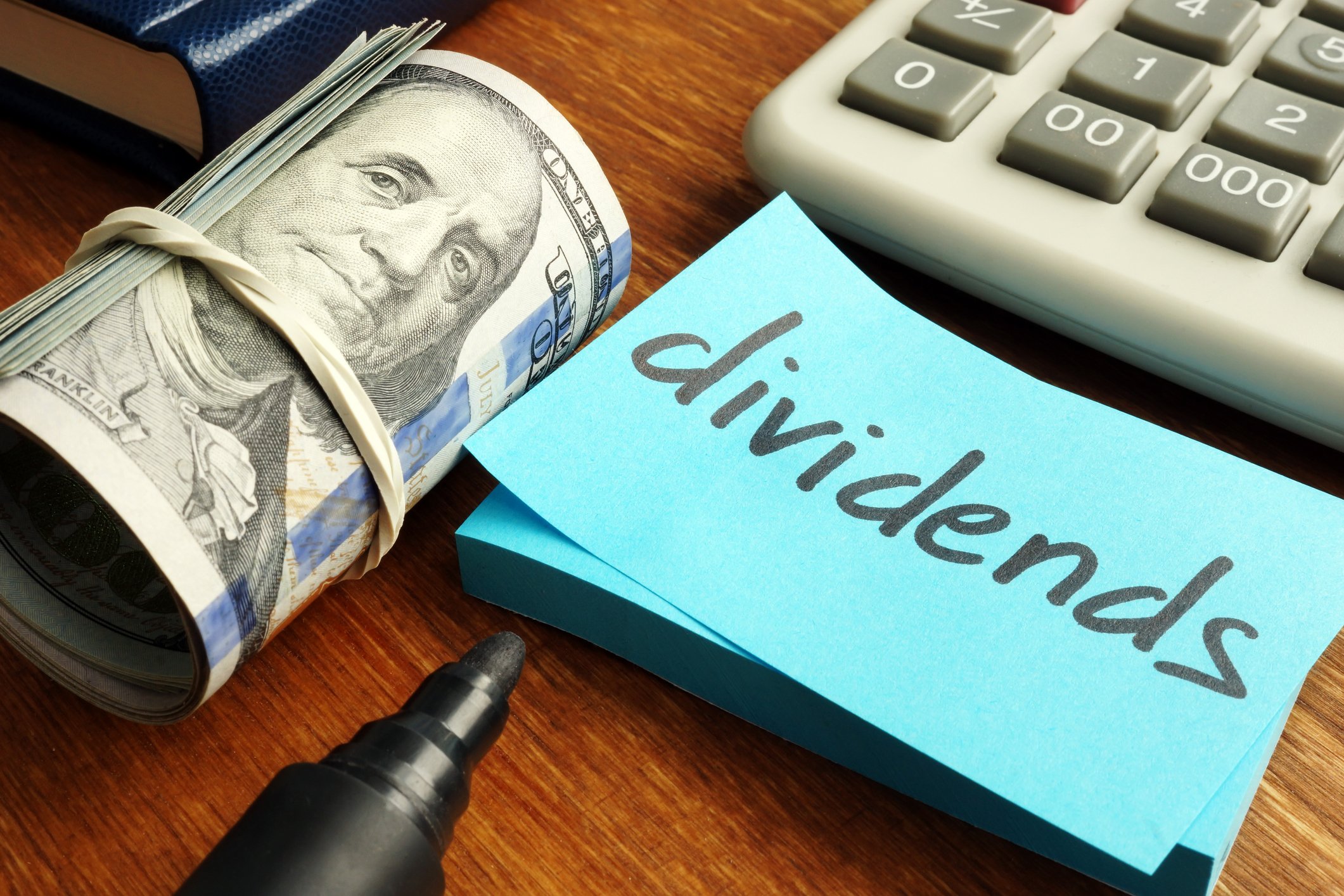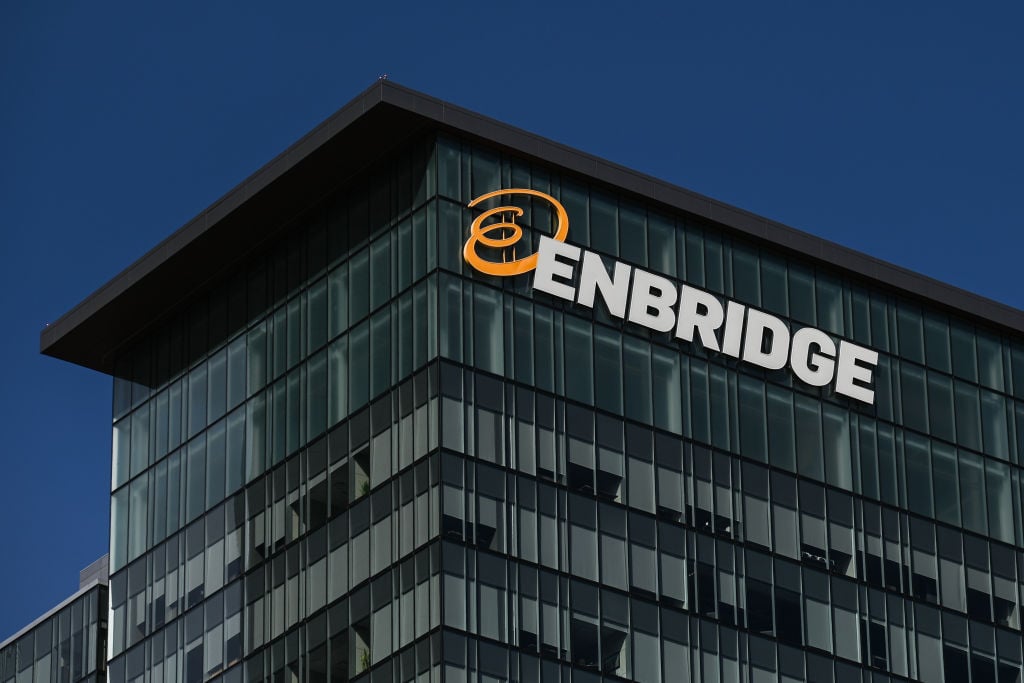More often than not, income investors focus on a stock's current yield and choose to let that payout be the deciding factor when picking between two income options. Using that logic, U.S. gas pipeline company Williams Partners (NYSE: WPZ) and its current 5.9% yield would beat Enbridge (ENB +1.50%) and its 3.9% payout hands down. However, by digging a little deeper, we see that Enbridge is not only the far superior company, but it also offers investors the potential to earn higher total returns. Here's why those factors matter, making it the better buy between the two.
The financial checkup
The first thing income investors must do when comparing potential investments is to take a close look at the company's financial situation. Here's how these two pipeline companies stack up:
|
Company |
Credit Rating |
Debt-to-Adjusted EBITDA |
Current Distribution Coverage Ratio |
Percent of Cash Flow Fee-Based or Regulated |
|---|---|---|---|---|
|
Enbridge |
BBB+/BBB/Baa2 |
6.2 times |
2.0 times |
96% |
|
Williams Partners |
BBB-/Baa3 |
4.5 times |
1.3 times |
93% |
Data source: Enbridge and Williams Partners.

Image source: Getty Images.
As that chart shows, Enbridge beats Williams Partners on most metrics, though it is interesting to see that it has a better credit rating despite having a higher leverage ratio. However, that's a bit deceiving for two reasons. First, Enbridge has several expansion projects currently under construction that will enter service this year, which should push its leverage ratio down to 5.5 times by year end and well below its 5.0 times target in 2019. Meanwhile, Williams Partners' leverage ratio doesn't take into account the debt at its parent company, Williams Companies (WMB +1.95%). When we add that into the mix, consolidated leverage rises to 5.25 times, which is much closer to that of Enbridge.
Given those comparable leverage ratios, the driver of Enbridge's stronger credit rating is its more conservative dividend coverage and the fact that it gets a greater portion of its cash flow from stable fee-based and regulated sources. That said, Williams Partners has made tremendous strides in both areas over the past year by cutting its distribution to boost coverage and jettisoning commodity-price exposed assets. In fact, the company recently announced the sale of its stake in a petrochemical plant, which could push its percentage of cash flow from stable sources up to 97%.
Still, Enbridge not only has stronger financials at the moment but a history of operating at an elite level. That conservative approach is why Enbridge has been able to increase its dividend for 22 straight years, while Williams' aggressiveness left it no choice but to cut its payout earlier this year.
Growth: The real difference maker
One reason Williams Partners cut its payout earlier this year was so that it could retain more cash flow to help finance its expansion projects. Currently, the company has more than $5.5 billion of regulated natural gas pipeline expansion projects in the backlog that should enter services over the next few years. The company estimates that these projects should boost cash flow so that it can deliver 5% to 7% annual distribution growth over the next few years from its reset distribution rate.
While that's solid growth, it doesn't come close to what Enbridge offers. The company is currently working through the largest expansion project backlog in the industry at 27 billion Canadian dollars ($20.3 billion). Those projects alone should fuel 12% to 14% compound annual growth in available cash flow from operations through 2019. Meanwhile, the company has another CA$48 billion ($36 billion) of longer-term projects in development. According to Enbridge's forecast, this backlog should fuel 10% to 12% annual dividend growth all the way through 2024. That positions the company to deliver peer-leading total annual returns.
Investor takeaway
For investors who need a steady source of growing income, Williams Partners is a solid choice now that it has shored up its financial situation. However, for investors seeking a higher total return, Enbridge is clearly the best option. Even better, that potential for more profit comes with lower risk, given Enbridge's stronger financial profile, which tilts the scale even more in the company's favor.







